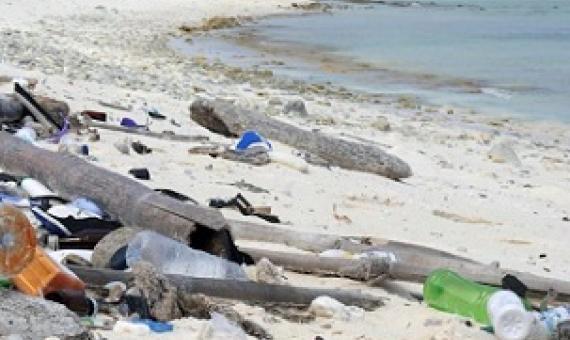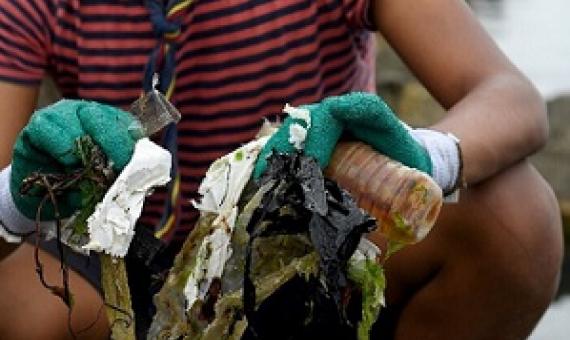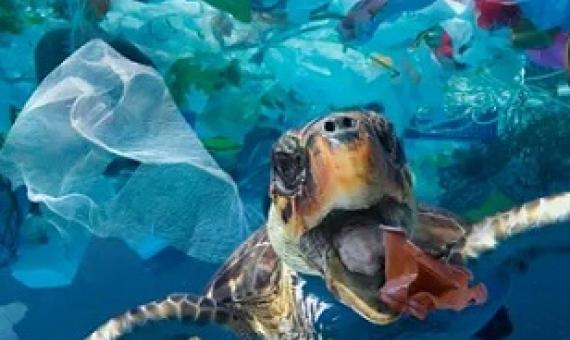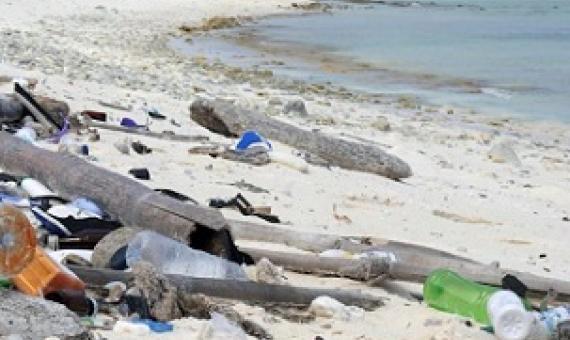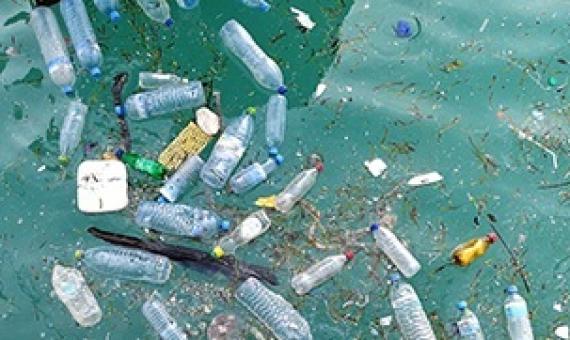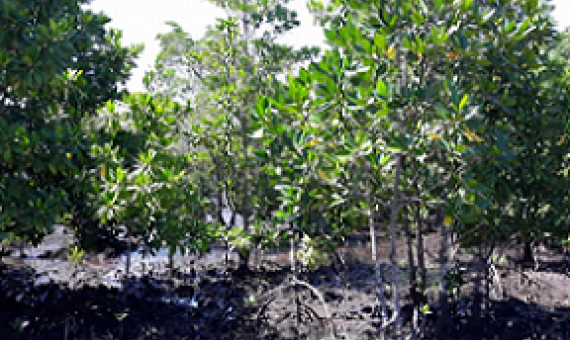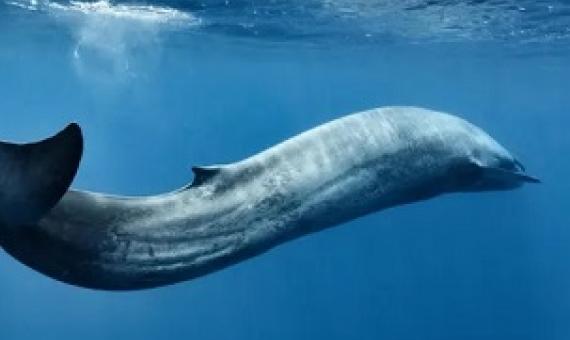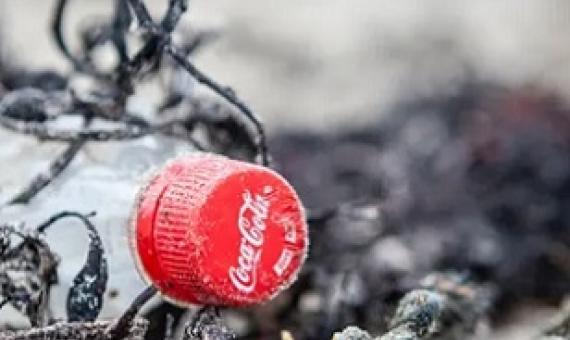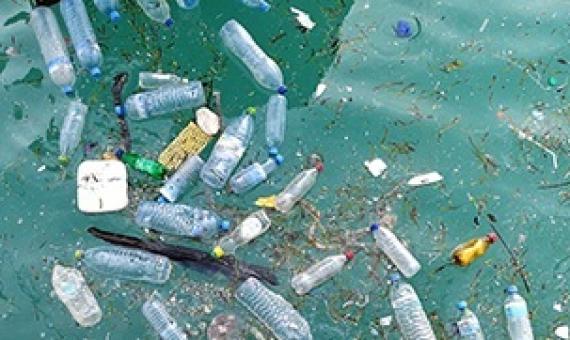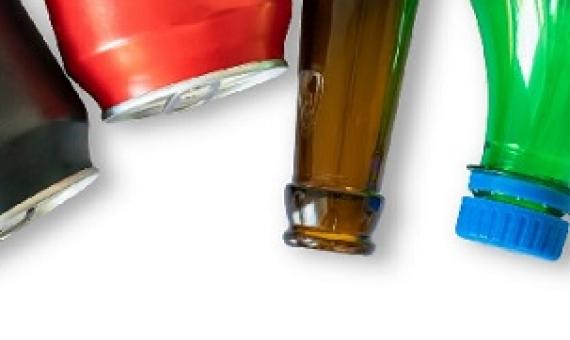In seven to eight years, the Pacific will no longer be able to rely on the ocean for food security or as a source of livelihood as it does today because of plastic pollution. Experts say that by 2030, up to 53 million metric tonnes of plastic pollution will annually affect the livelihoods of
The United States is by far the biggest contributor to global plastic waste in the world, according to a new report submitted to the federal government Wednesday that called for a national strategy to tackle the growing crisis.
Plastic items from takeaway food and drink dominate the litter in the world’s oceans, according to the most comprehensive study to date.
Research scientist Jennifer Lavers has spent weeks sifting through the world's waste on two remote sets of islands — and what she has found could have alarming consequences for wildlife. In 2017, many were shocked to learn the shores of uninhabited Henderson Island in the South Pacific
The problem with plastic waste just got more complicated—and so did the effort to stanch its flow into the world’s oceans. Rivers are the primary conduits for plastic waste to the seas.
Mangrove ecosystems are at particular risk of being polluted by plastic carried from rivers to the sea.
Plastic bags and flexible packaging are the deadliest plastic items in the ocean, killing wildlife including whales, dolphins, turtles and seabirds around the globe, according to a review of hundreds of scientific articles...The review, by the Australian government’s science agency, CSIRO, f
Coca-Cola, PepsiCo and Nestlé have been accused of “zero progress” on reducing plastic waste, after being named the world’s top plastic polluters for the third year in a row.
Global efforts to reduce plastic waste are being foiled by a lack of transparency in the supply chain, according to a new report from the Perth, Australia-based non-profit philanthropic Minderoo Foundation and SYSTEMIQ, an organization dedicated to ensuring the United Nations Global Goals an
People are increasingly aware of the harm plastic waste causes to wildlife, and many would avoid buying single-use plastics if they could help it. But are the alternatives to plastic much better? Let's look at one example—fizzy drinks.

